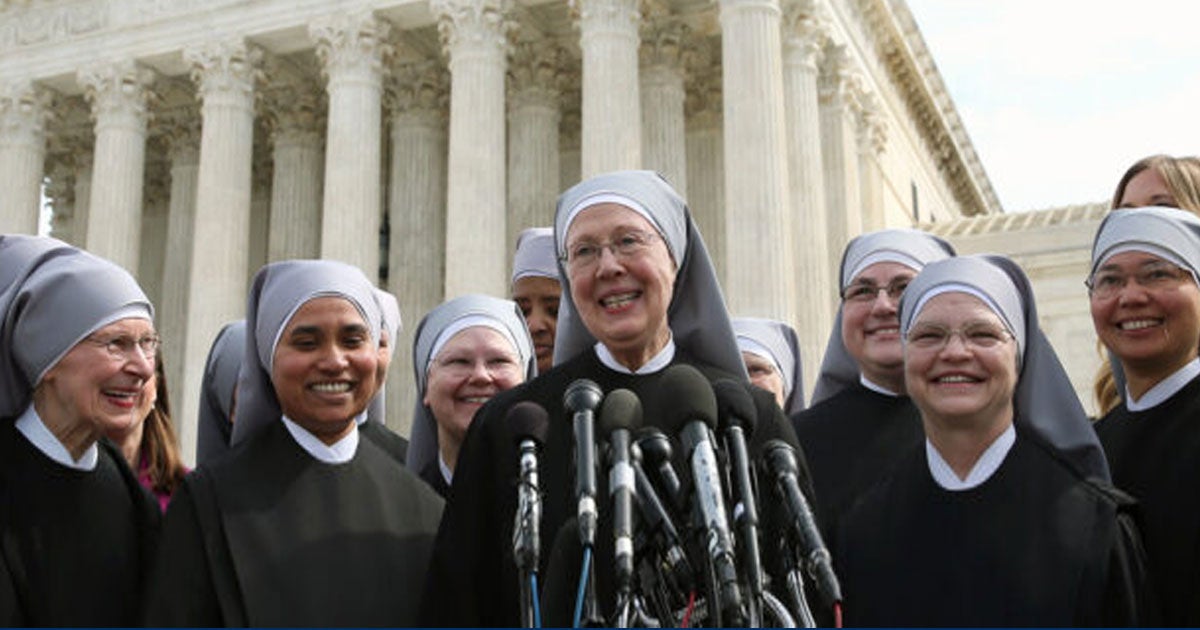
by Jorge Gomez • 5 min read + video
The Supreme Court of the United States (SCOTUS) recently took an unprecedented step.
Many SCOTUS insiders and avid followers thought it was “virtually impossible” for the Court to allow the public to listen in to oral arguments as they unfolded. But earlier this month, for the first time, the public was able to listen to a real-time feed, as attorneys and the Justices held sessions virtually via telephone conference.
Traditionally, the U.S. Supreme Court has only allowed about 500 spectators in the courtroom to listen to oral arguments, and has never allowed live audio broadcasts of its sessions. The Court also doesn’t permit cameras in its courtroom, and only rarely allows tapes of its hearings to be released the same day.
So, while a telephone conference might look like a modest step in an age of digital advancement, for the Court, it’s a historic milestone.
However, in addition to the new virtual sessions, the Justices have more opportunities to make history. Right now, there are three important religious freedom cases pending a decision from the Court—and the outcome of those cases could make this another historic term for the First Freedom of millions of Americans.
Not everyone gets to make history. But as a loyal First Liberty supporter—YOU get to be a part of unique moments for our country.
Donate today and help us achieve more landmark, precedent-setting victories at the U.S. Supreme Court.
In Little Sisters of the Poor v. Pennsylvania, et al., the Supreme Court will again decide whether an organization of Catholic nuns can be forced by the government to provide contraception in violation of their religious beliefs.
In March, First Liberty Institute filed a friend-of-the-court brief urging the Justices to reverse a lower court ruling that would not allow the Little Sisters and other religious objectors to be exempt from the Affordable Care Act’s Contraceptive Mandate.
The Court’s decision is sure to be a nail-biter, as the Justices appeared divided between judicial conservatives and liberals when they heard the case on May 6.
Following the recent oral argument, First Liberty General Counsel Mike Berry noted how this case will have a lasting effect on religious liberty: “The time has come for the Supreme Court to finally put an end to government efforts to force the Little Sisters of the Poor and other religious objectors to violate their faith. The Justices should once again show respect for the religious liberty of all religious entities and allow them to serve their communities without government intrusion.”
If the Little Sisters prevail after nearly a decade of litigation, it could help bring an end to the relentless legal assault on thousands of faith-based ministries groups who are simply trying to serve our communities in accordance with their religious convictions.
Click here for more insights from our expert legal team on this case.
The Supreme Court recently heard two cases (Our Lady of Guadalupe School v. Morrissey-Berru; St. James Catholic School v. Biel) that will impact the “ministerial exception,” a legal doctrine protecting one of the most basic First Amendment rights of religious organizations: the right to choose their ministers.
At the May 11th oral argument of these two cases, many of the Justices appeared to view the goal of protecting religious groups freedom to choose their ministers as paramount. The Supreme Court’s forthcoming ruling could send a clear message to the lower courts: stay out of the church’s business.
The notoriously liberal U.S. Court of Appeals for the Ninth Circuit recently took direct aim at this longstanding doctrine. It ruled that courts have the authority to interfere in internal church decisions—including scrutinizing the roles of prospective employees and determining whether people on a ministry’s staff are adequately “spreading the faith” in order to qualify as ministers.
That’s a stunning attack on church autonomy.
Throughout our history, the decision of who is a minister has been between a church and its members, not that of the government.
Click here for additional expert insight and analysis of this case.
Earlier this year, the Supreme Court heard Espinoza v. Montana Dept. of Revenue, a case that will impact whether state governments can discriminate against faith-based schools because they are religious.
Right now, in Montana, students of faith are fighting for their religious liberty, as they’ve been denied access to scholarship programs—simply because they want to attend religious schools.
While we wait on the Supreme Court’s decision, there are plenty of reasons for people of faith to be hopeful and encouraged.
Looking back at recent precedent from the High Court, we see a trend toward the reclamation of religious freedom, a strong indication that the Court may once again be leaning toward a ruling that favors religious liberty.
Most pertinent to the Espinoza case is the Supreme Court’s precedent set by Trinity Lutheran v. Comer (2017). The U.S. Supreme Court ruled 7-2 that religious organizations could take advantage of taxpayer-funded state programs. In fact, in that specific case the Court said that the state of Missouri could not exclude religious schools from public programs, as that would be discrimination on the basis of religion and a violation of the Constitution.
In the video below, you can hear expert insight from First Liberty’s Counsel Keisha Russell: